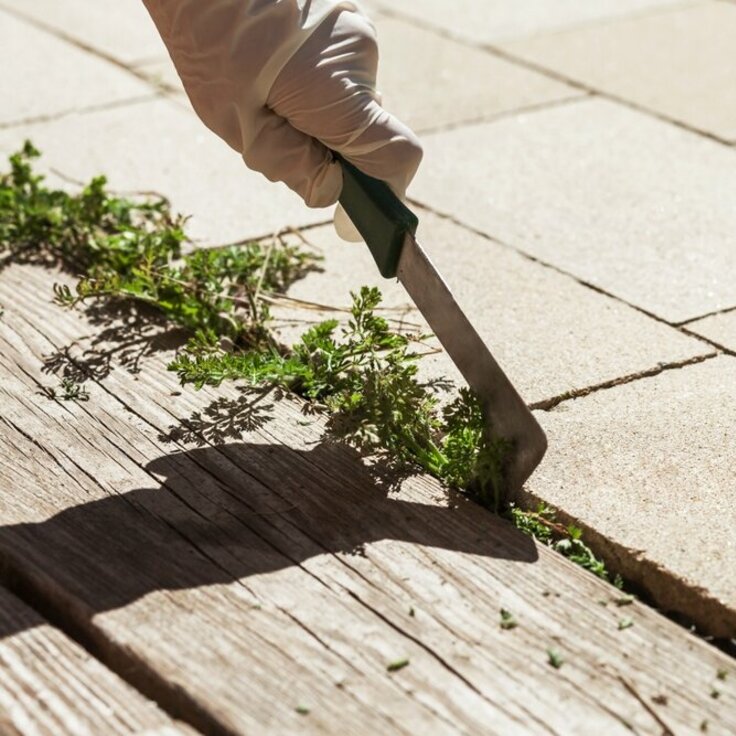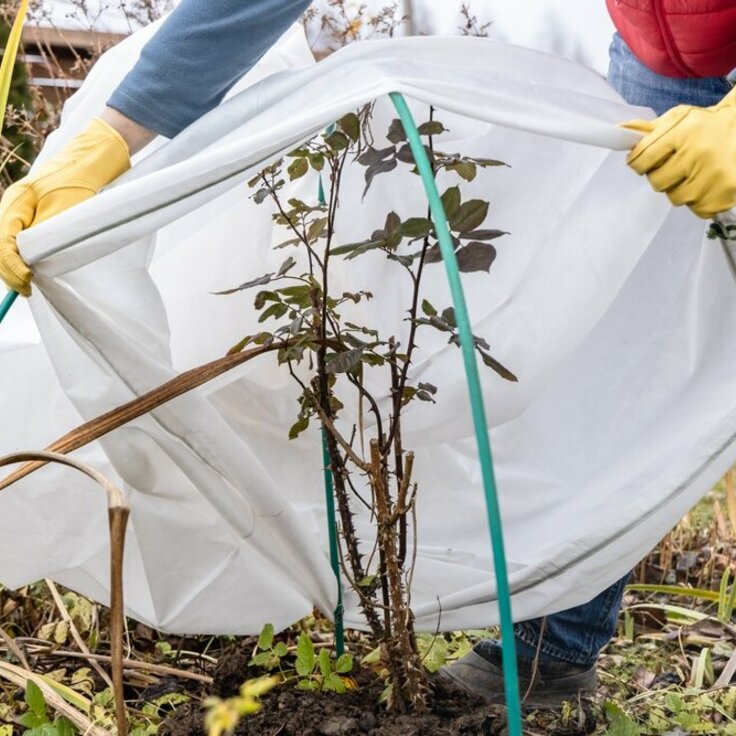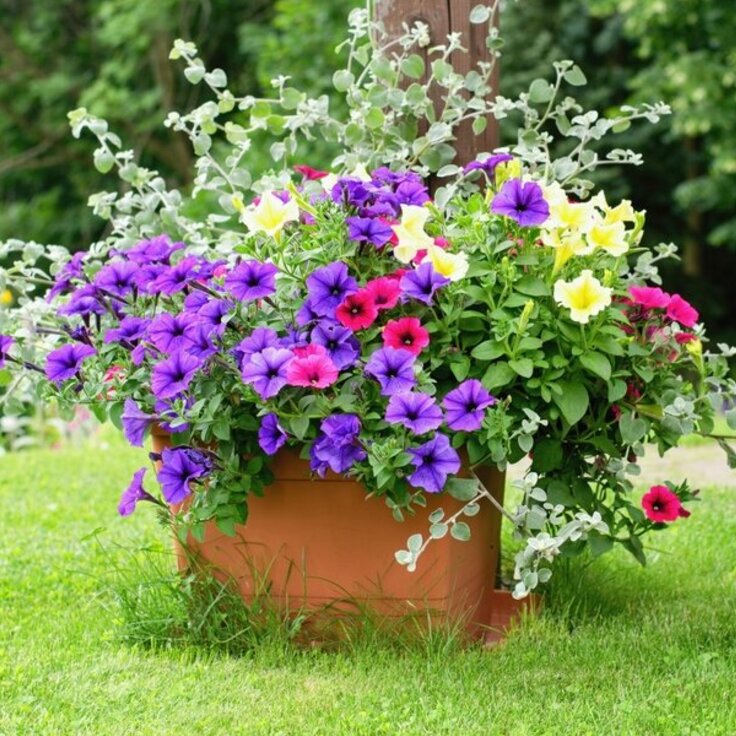Vegetable Garden Pest Control
With the summer solstice not far off, vegetable gardens are in prime growth right now. And even though these gardens take more intense intervention by gardeners than a prairie or woodland garden, there are still ways to try to keep pest problems at a minimum without resorting to drastic chemical controls. Using pesticides, especially broad spectrum insecticides, usually end up destroying beneficial insects at the same time as they obliterate the pests and may make problems worse in the long run.
Pest Prevention Methods
Here are some easy ways to help keep your garden balanced, thriving, and chemical-free:
- Although not for the squeamish, hand-picking insects and egg clusters takes care of a great number of pests. Early morning is the best time to do this since many insects are still sluggish from the cool night. It pays to learn to recognize not only the insects, but also egg clusters laid on the backs of leaves and at the bases of stems. And be aware of what beneficial insects look like so you can leave them intact to help you in your battle.
- A strong stream of water on the upper and lower surfaces of the leaves washes off an amazing number of insects. Aphids can be controlled almost exclusively with water. Rinsing also cleans the foliage for better photosynthesis and healthier plants, and for more effective coverage if another method of control is needed.
- Barriers are amazingly effective -- as long as you plan accordingly and don't put out your row covers after the insects are already on the plants. Sheets of spun polyester are lightweight and easy to anchor with pins, stones, or soil or to mount on raised frames. These row covers are inexpensive and easy to use to keep insects away from your crops.
- Timing your planting after peak insect hatches will help avoid devastation. It helps to have a basic knowledge of insects' life cycles, so you can plan accordingly. Planting later than the usual date to miss a pest outbreak may mean you will have a later harvest, but you at least you will have vegetables to harvest!
- There is a great deal of home wisdom about plants that repel insects. Although the hard data is still out on the effectiveness of these means, it's certainly worth experimenting in your own garden. The most common repellent plants are members of the allium family (onion, garlic, chives) and stronger herbs, such as tansy, catnip, wormwood, and rue. In addition to using these as companion plants, many gardeners also brew a tea from the leaves and use it as a botanical repellent.
- Crop rotation -- moving crops from one bed to another in subsequent summers -- does an amazing job of avoiding soil-borne diseases and insects. Planting crops in a different spot each year helps eliminate disease problems that linger in the soil. Also, pests will often lay eggs at the base of their favorite plants, just waiting for the crop the next year. Putting something different in that place can keep the newly hatched bugs from enjoying a tasty meal. At least they have to work harder to find their favorite plants.
Read more from The National Gardening Association








